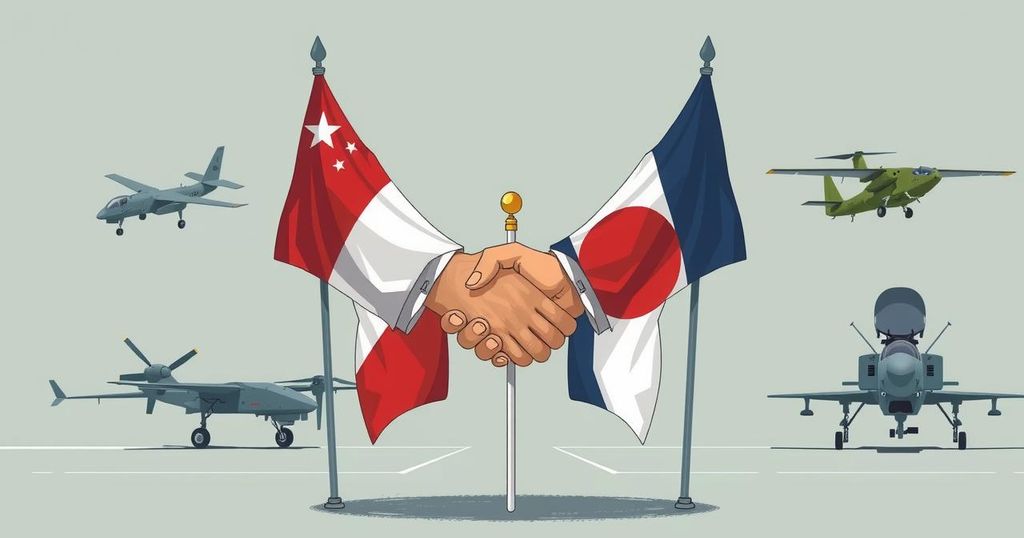Lavrov Set to Visit North Korea as Relations with Russia Deepen

- Sergey Lavrov’s visit to North Korea highlights closer ties with Pyongyang.
- The two nations are showing deeper military collaboration amid the Ukraine conflict.
- North Korea plans to send more troops to assist Russia’s military efforts.
- Reports suggest heavy logistical operations between Russia and North Korea.
- Recent satellite images suggest increased arms shipments from North Korea to Russia.
Lavrov Heads to North Korea Amid War Developments
Sergey Lavrov, who is one of the highest-ranking officials in Russia, is preparing for a visit to North Korea this weekend. This visit signals an undeniable shift toward closer relations between Moscow and Pyongyang, particularly as North Korea becomes more entrenched in Russia’s ongoing conflict in Ukraine. Lavrov’s trip is scheduled from July 11 to 13, during which he will participate in high-level discussions as part of the second round of strategic dialogue between the two nations’ top diplomats, according to Maria Zakharova, a spokesperson for Russia’s Ministry of Foreign Affairs, as reported by TASS.
Troop Deployments Indicate Closer Military Ties
Interestingly enough, North Korea’s own state media, KCNA, has announced this visit, highlighting that Lavrov is traveling at the invitation of Pyongyang’s foreign ministry. This comes at a particularly pivotal moment in Russian-North Korean relations, especially given recent intelligence indicating that North Korea is planning to deploy an additional 25,000 to 30,000 soldiers to support Russian forces in Ukraine. This marks a significant escalation, adding to the approximately 11,000 soldiers already sent by Pyongyang last year, painting a picture of an increasingly integrated military cooperation.
Potential Meeting with Kim Jong Un Looms Large
Lavrov’s agenda while in North Korea is expected to include discussions with Choe Son Hui, his North Korean counterpart, who had previously visited Moscow for initial talks back in November 2024. During that meeting, Lavrov expressed praise for what he termed ‘very close contacts’ between the North Korean military and Russia’s intelligence services. There’s speculation that Lavrov might also meet with North Korean leader Kim Jong Un, although details remain uncertain. Regardless, the evolving partnership has the potential to significantly alter both the landscape of the war in Ukraine as well as broader security dynamics in Asia.
North Korea Integrates More Deeply into Russian Operations
As the conflict continues to escalate, North Korea’s involvement has become glaringly significant, despite its own military casualties. Western officials estimate that around 4,000 North Korean soldiers may have perished or been injured while fighting alongside Russian troops. In the border region of Kursk, reports indicate that these North Korean soldiers are not just present; they are actively engaged in combat, often living in makeshift dugouts while collaborating closely with Russian forces.
Increasing Military Collaboration and Arms Supply
New satellite imagery analyzed by CNN reveals a concerning trend of increased logistics activity between North Korea and Russia, featuring cargo planes and troop transport vessels briskly moving across the border. Amid supply shortages, Russia’s dependence on the North Korean arms industry has only grown. Russian military planners are reportedly utilizing translated North Korean artillery manuals, ensuring that the two armies maintain a certain level of interoperability. Furthermore, a recent UN report pointed out that North Korea has dispatched at least 100 ballistic missiles and 9 million artillery shells to support Russian operations in this conflict, a stark reminder of how intertwined these two countries have become in their military efforts.
The visit by Sergey Lavrov to North Korea marks a crucial moment in the growing partnership between Russia and Pyongyang, especially in the context of Russia’s war in Ukraine. With North Korea now sending thousands of soldiers to support Russia, and allegations of significant arms logistics between the two, the implications for regional security dynamics could be substantial. Both global powers have now solidified ties that hold the potential not just to impact Ukraine, but the Asia-Pacific region as a whole.








